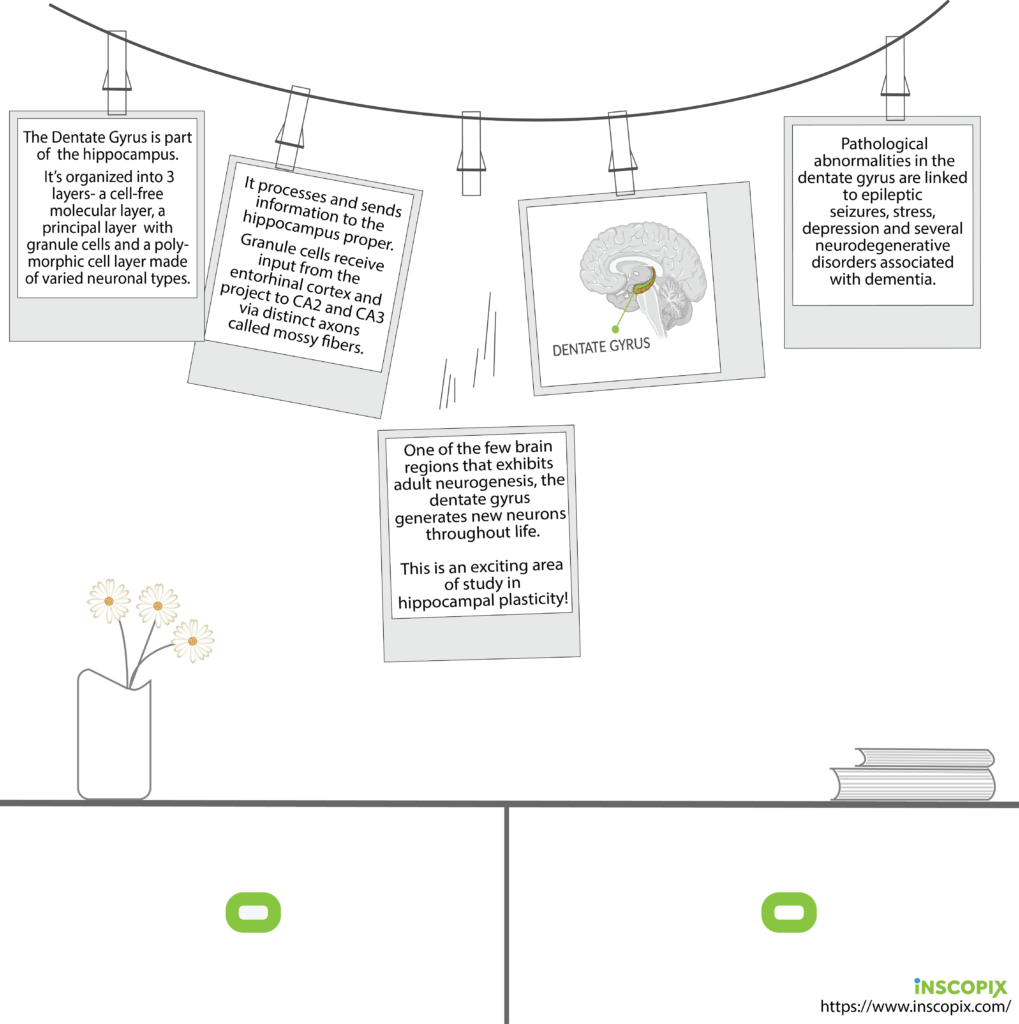Coffee Break with Dr. Gabriela J Martins
Our social skills pervade most aspects our life, defining our role in the family, workplace, society and beyond. People affected by Autism Spectrum Disorders (ASD) face challenges in social interaction and communication, experiencing core symptoms such as repetitive behaviors and restricted interests. The lab of Rui Costa at Columbia University explores the neurobiology of ‘self-paced’
Coffee Break with Dr. Gabriela J Martins Read More »








